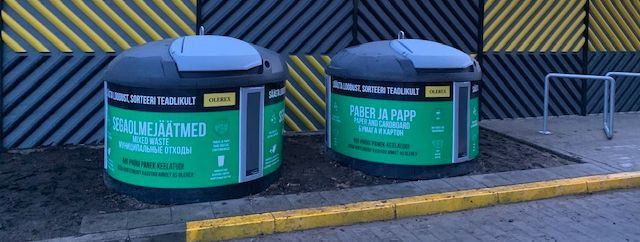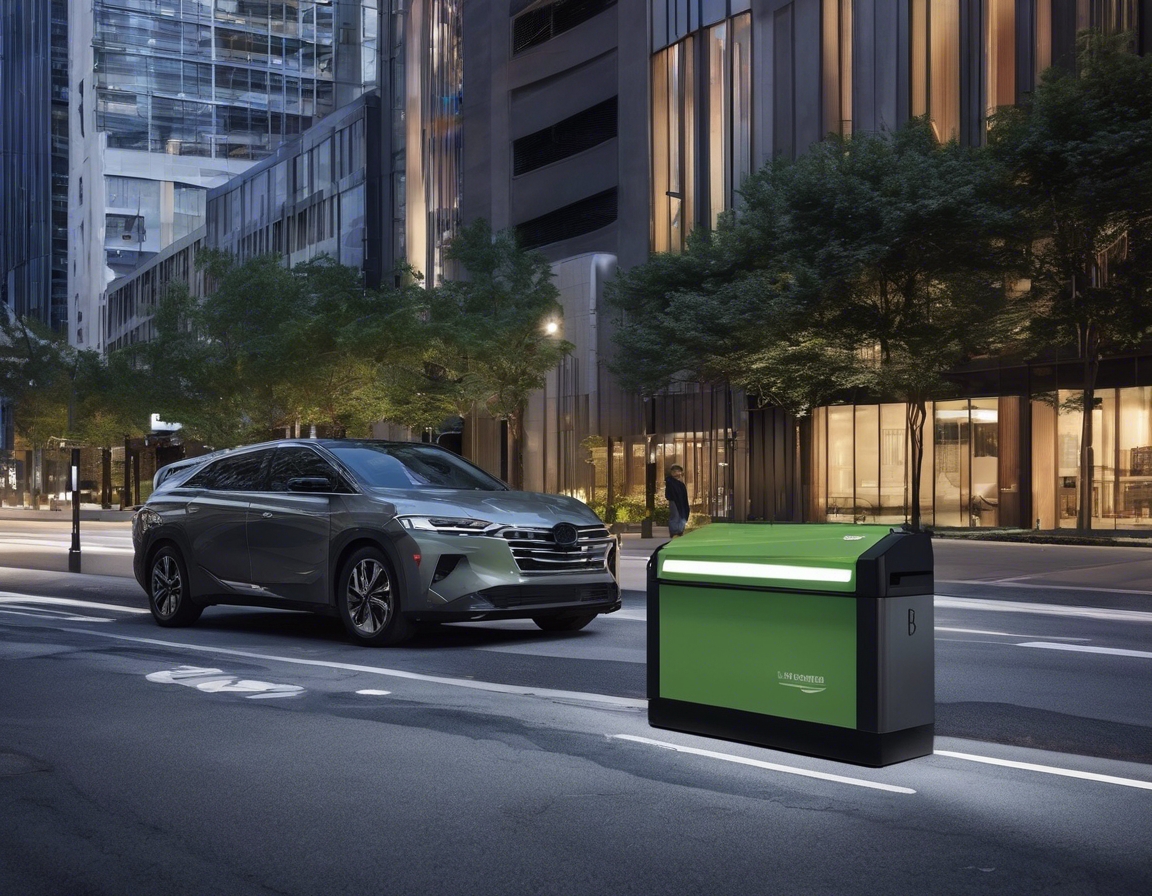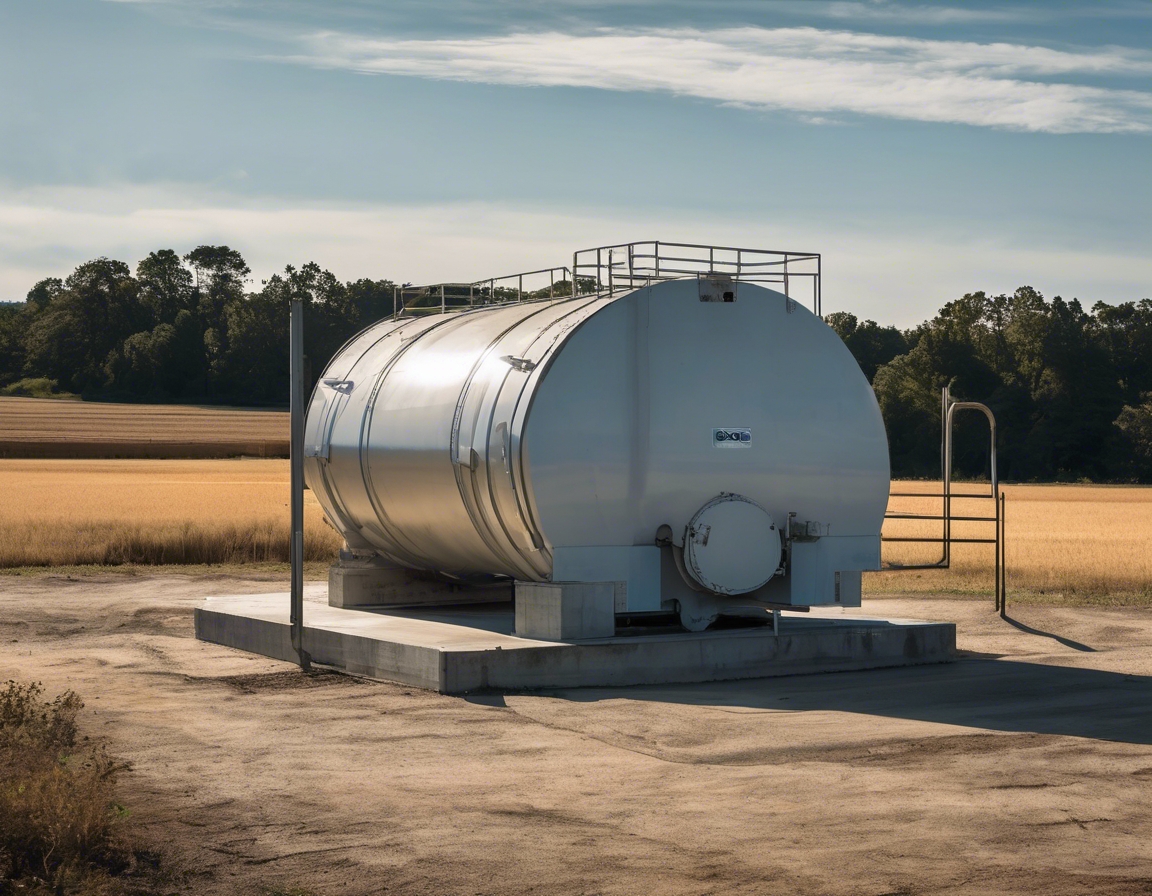The future of waste management: trends and innovations
Waste management is a critical component of modern society, ensuring that waste is collected, processed, and disposed of in a manner that minimizes environmental impact. As populations grow and urbanize, the demand for efficient waste management solutions becomes increasingly urgent. The future of waste management lies in innovative approaches that not only address current challenges but also anticipate future needs.
2. Current Challenges in Waste Management
Today's waste management systems face numerous challenges, including increasing waste volumes, limited landfill space, and the environmental impact of waste disposal. Additionally, the complexity of waste streams, which include hazardous, electronic, and organic waste, requires specialized handling and processing techniques. These challenges necessitate the development of more sustainable and efficient waste management practices.
3. Emerging Trends in Waste Management
Technology is playing a pivotal role in transforming waste management. Innovations such as IoT-enabled waste bins, AI-driven sorting systems, and blockchain for waste tracking are enhancing efficiency and transparency. These technologies enable real-time monitoring and data-driven decision-making, leading to more effective waste management strategies.
The shift towards a circular economy is gaining momentum, emphasizing the importance of reducing, reusing, and recycling waste. This approach aims to minimize waste generation and maximize resource recovery, creating a closed-loop system that benefits both the environment and the economy. Businesses and municipalities are increasingly adopting circular economy principles to achieve sustainability goals.
Governments worldwide are implementing stricter regulations to promote sustainable waste management practices. Policies such as extended producer responsibility (EPR) and landfill taxes are encouraging businesses to adopt more sustainable practices. These regulatory changes are driving innovation and investment in waste management technologies and infrastructure.
4. Innovations in Waste Management
Smart waste collection systems utilize sensors and data analytics to optimize waste collection routes and schedules. This reduces fuel consumption, lowers operational costs, and minimizes the carbon footprint of waste collection activities. These systems are particularly beneficial for municipalities seeking to improve efficiency and sustainability.
Waste-to-energy (WtE) technologies convert waste materials into energy, providing a sustainable alternative to landfill disposal. These technologies not only reduce the volume of waste but also generate renewable energy, contributing to energy security and reducing greenhouse gas emissions. WtE is an attractive option for businesses and municipalities looking to enhance their sustainability credentials.
Advanced recycling techniques, such as chemical recycling and bioconversion, are expanding the range of materials that can be recycled. These innovations enable the recovery of valuable resources from complex waste streams, reducing the need for virgin materials and minimizing environmental impact. Businesses are increasingly investing in advanced recycling technologies to meet regulatory requirements and consumer demand for sustainable products.
5. The Role of Businesses and Municipalities in Sustainable Waste Management
Businesses and municipalities play a crucial role in driving sustainable waste management practices. By adopting innovative technologies and embracing circular economy principles, they can reduce waste, lower costs, and enhance their environmental performance. Collaboration between the public and private sectors is essential to developing and implementing effective waste management solutions that benefit society and the environment.






Comments (0)